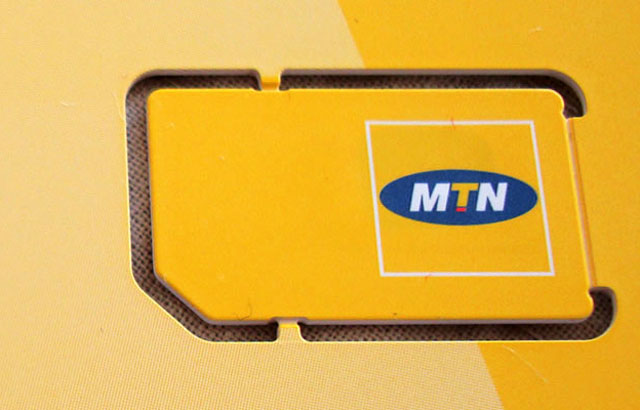
MTN’s public offer in terms of its third black economic empowerment deal, valued at R9,9bn has closed — but short of its target.
The public offering to qualifying black participants at a subscription price of R20/share for a minimum investment amount of R2 000 saw an uptake by 81 000 applicants raising R1,1bn. Some shareholders of the maturing MTN Zakhele scheme opted to reinvest and took up a further 13,5m shares (R817m), equating in total to R1,9bn, above the minimum equity raised target of R1,2bn but short of the R2,5bn targeted.
The scheme will issue to MTN Zakhele Futhi, the single shareholder, a 4% stake in MTN Group equating to 123 416 822 MTN Zakhele Futhi shares.
The shares are priced at R102,80, representing a 20% discount to the 10-day volume weighted average per MTN share of R128,50 on 17 August 2016.
MTN will structure the discount through additional equity in the empowerment vehicle leveraged through vendor and third-party funding.
In addition, MTN will now also have to take up the shortfall and has exercised the option for its nominee to subscribe for the 27 848 672 MTN Zakhele Futhi underwrite shares valued at R557m. These shares will be warehoused and on-sold to selected qualifying parties over a period.
The MTN share price is currently at R114,10, down from R117,88 prior to the announced result of the offer and off the R124,30 in August when MTN first proposed the deal.
The share has been dogged by experiences in Nigeria and a highly competitive environment, which has weighed heavily on prices and subscriber growth. The 4% stake valued at R9,9bn in August is now worth R8,7bn thanks to the non-performance of the share price. The new BEE transaction is, however, an eight-year scheme and having launched the deal at the current share prices is probably more advantageous for shareholders in the new scheme than when the price was at its high of R250.
Investors will be locked in for three years after which they will be restricted in terms of whom they may trade with for the remainder of the eight-year term.
In addition to the scheme, a new employee share ownership plan for MTN staff, excluding directors and management, is proposed. MTN will issue 0,1% of its issued share capital and the scheme will not require equity from eligible participants.
Why this undersubscription?
Investors in the MTN Zakhele scheme, to be unwound this month, will receive R60/share on the initial investment of R20/share which, by any account, is a good return. Had the shares not been influenced by events in Nigeria, the returns would have been even better assuming that individuals did not borrow to invest.
The new scheme was launched amid noise coming out of Nigeria which saw the share price under pressure not helped by the economic noises at home. This and the lock-up period would likely have seen investors across the spectrum cautious.
Those that did take up the offer were by majority individuals, which must be gratifying for those involved in putting the scheme together — easier for all would have been to select a group or community as is the case with most BEE transactions.
A retail scheme, though challenging in its ability and success to access individuals and expensive in its execution, must surely be a more appropriate reflection of BEE. MTN says it has already received expression of interest from qualifying shareholder to take up the underwritten shares. Hopefully the company will avoid those groups and individuals who are often on the receiving end of BEE benefits.
- Greig is the editor of DealMakers, South Africa’s quarterly M&A publication
- This article was originally published on Moneyweb and is used here with permission




